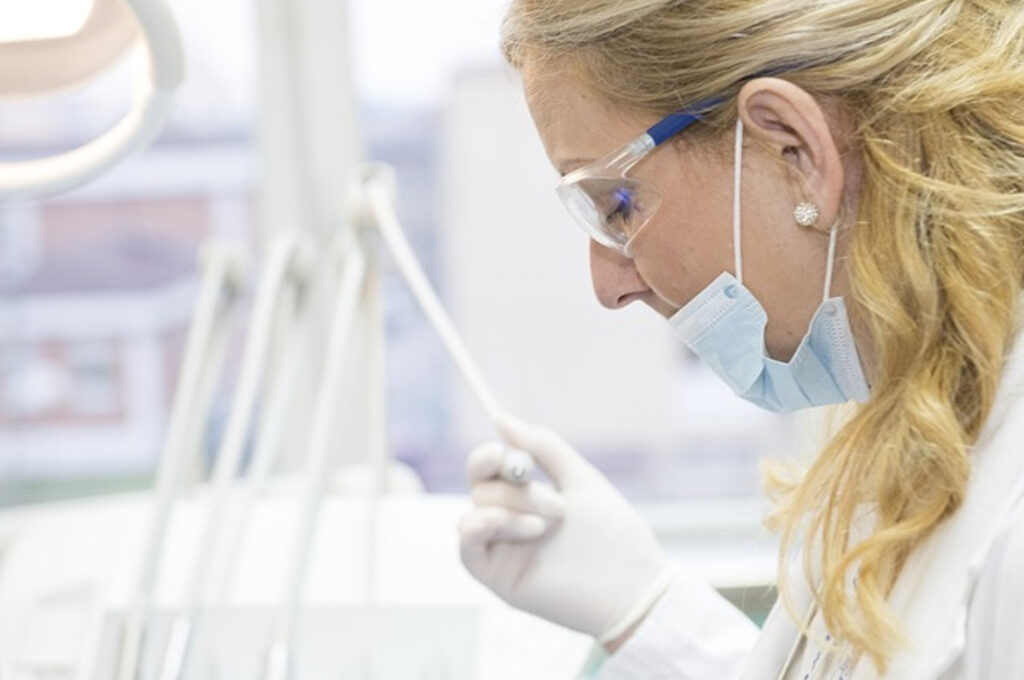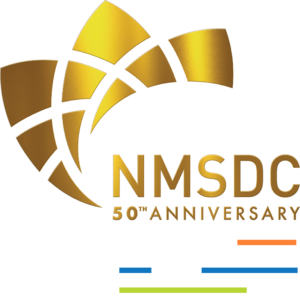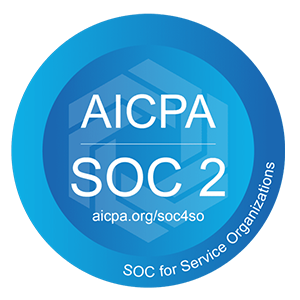The data surrounding science continues to develop every day. When new information comes to light in the field of health and medicine, a medical researcher is responsible for understanding the new data. Can a medical researcher perform their duties remotely?
What Is A Medical Researcher?
A medical researcher is also known as a medical scientist. According to Indeed, medical scientists study diseases and human health conditions to help improve and protect public health.
Medical scientists conduct experiments, design studies, perform research, and collect and analyze data. Experts said the purpose of their studies is to find ways to prevent or treat diseases or identify connections between certain conditions and illnesses.
Overall, the goal of a medical researcher is to improve scientific knowledge on topics related to medicine and public health. This commonly includes completing biomedical research on topics like bacteria, viruses, pathogens, and other infectious things. They may collaborate with physicians, health departments, or similar professionals to develop public health programs.
As medical researchers identify what may cause certain human diseases, they may also help identify ways to prevent or treat these diseases. This may involve developing new or improving new types of drugs or treatment products, including determining standard doses. Moreover, medical researchers may also assist with product development to create new medical treatment devices.
Duties Of A Medical Researcher
Medical scientists handle a variety of tasks. The U.S. Bureau of Labor Statistics said medical researchers perform the following duties:
- Design and conduct studies to investigate human diseases and methods to prevent and treat diseases
- Prepare and analyze data from medical samples and investigate causes and treatment of toxicity, pathogens, or chronic diseases
- Standardize drugs’ potency, doses, and methods of administering to allow for their mass manufacturing and distribution
- Create and test medical devices
- Collaborate with quality assurance, engineering, and regulatory professionals to assess the risks of medical devices
- Prepare and analyze medical samples for causes or treatments of pathogens, diseases or toxicity
- Follow safety procedures, such as decontaminating workspaces
- Write research grant proposals and apply for funding from government agencies, private funding, and other sources
- Work with health departments, industry professionals, and physicians to develop programs to improve health outcomes
- Plan and implement clinical studies
- Gather, interpret, organize, and analyze data from clinical trials
- Collect information related to various diseases from external experts
- Write comprehensive articles for publication and present research findings
- Collaborate with research, sales, marketing, and communications professionals
- Understand and use various types of computer software to produce representations of data
- Comply with government regulatory requirements
- Identify and standardize drug doses, methods, and potency for mass manufacturing and distribution
- Maintain accurate records of findings
How to Become A Medical Scientist?
Qualifications Of An Exceptional Medical Researcher
Education
Medical Research Scientist jobs typically require a bachelor’s degree, according to a study by NC State University. The common degrees for aspiring medical researchers are areas of study like biology, and chemistry. Additionally, while earning their undergraduate degree, they may also enroll in courses related to:
- Life sciences
- Math
- Physical sciences
- Public speaking
- Writing
The U.S. Bureau of Labor Statistics added following the completion of a bachelor’s degree, a doctorate degree or medical degree can be beneficial to an aspiring medical researcher. A doctorate allows an individual to specialize and pursue programs in specific areas of the profession, such as medical ethics, osteopathy, neurology, or bioengineering.
Experience, License
According to Indeed, to work a job that requires practicing medicine or administering drugs, a license is required. Several institutions provide in-depth training for aspiring clinical research associates. Having a license shows a person has the relevant skills and technical knowledge to support complex clinical research and also makes one more attractive to employers.
However, sometimes even without a license, an individual with the necessary bachelor’s degree can still apply for entry-level roles. These entry-level positions typically take place in a research facility, which means a new graduate has an opportunity to meet and learn from more experienced professionals
Critical Thinking Skills
A study by the University of Louisville mentioned critical thinking is the ability to question, acknowledge, and test previously held assumptions, recognize ambiguity, examine, interpret, evaluate, reason, and reflect, make informed judgments and decisions, and clarify, articulate, and justify positions.
In the healthcare industry, specifically for the position of a medical scientist, critical thinking is important because medical researchers analyze different conditions using different approaches to reach appropriate conclusions.
Data Analysis Skills
To become a successful medical scientist, an individual should possess exceptional data-analyzing skills. This is a critical ability because medical researchers are required to draft and present meaningful conclusions from the data amassed through experimentation in the lab.
Written and Verbal Communication Skills
According to Indeed, medical scientists may apply for jobs in different environments:
- Medical schools
- Hospitals
- Manufacturing
- Government
Given the various opportunities for medical researchers, they are expected to obtain through education and training strong communication skills both written and verbal. Oral communication skills are required for a researcher to properly present their findings. Moreover, written skills are necessary for a researcher for composing in formats required by scientific journals, and writing grant applications.
Ability To Work Independently Or With A Team
Medical scientists are responsible for conducting experiments, analyzing data, and sometimes even handling dangerous biological samples. Researchers perform their tasks on their own, or with a team of experienced scientists. In any work environment, medical scientists should have the capacity to accomplish their duties dutifully.
Can It Be Done Remotely?

Yes! Clinical research or medical scientist jobs can be done remotely. According to LinkedIn, there are an estimated more than 6,000 job openings for remote researchers in the United States.
How To Hire A Work-From-Home Medical Researcher
If your company is seeking a talented individual to perform medical research, contact Remote Raven now. The company provides workforce solutions for any business owner desiring to hire a person or a team who can work from home. Remote Raven can connect you with qualified candidates with bachelor’s degrees or master’s degrees, observation skills, experience with healthcare services, outstanding research skills, and other capabilities depending on your business needs.
Benefits Of Hiring A Work-From-Home Medical Researcher
Small businesses and big corporations are now shifting to hiring off-site employees. The demand for remote workers continues to rise in popularity because of multiple benefits for employers including reduced operation costs, broader employee options, increased employee retention, flexibility, reduced office politics, and increased productivity.
Schedule an appointment with Remote Raven now!
###





